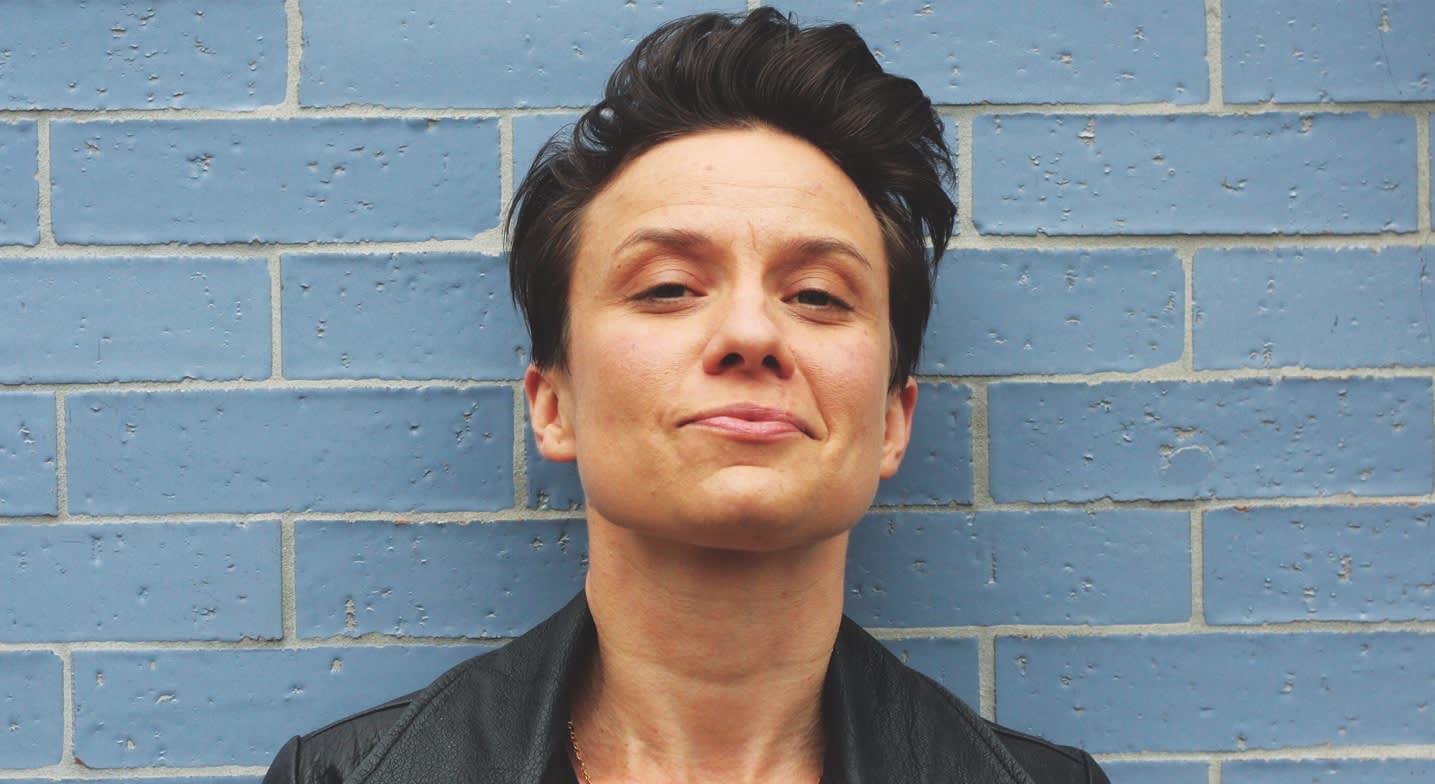Note: Text may not match audio exactly
It was important to me that the Clancys of Queens audiobook be in my own voice, with my New York accent. Today I’d say it’s primarily a signifier of class. And because you rarely hear one nowadays, it also serves as a reminder that the blue-collar core of New York City is disappearing. That said, for me, having a New York accent has had both upsides and downsides: On the downside, there are still a significant number of people who perceive anyone with an accent as less intelligent. And even though brilliant writer Robert Caro and physicist Richard Feynman both have/had strong New York accents, it’s no secret that when people hear one, the first thought that comes to their minds isn’t, “Wow. Now I betcha that person has popularized quantum electrodynamics!”
But on the upside, when my book proposal was going around to publishers, a lot of the potential editors told me that, after reading it, they went ahead and listened to my stories on The Moth. And it was this combination of hearing and reading my work that really drove home the fact that my voice — the voice of working-class New York women — was missing in literature. (Sad-but-true fact: The last notable book written by a working-class woman, about us, was A Tree Grows in Brooklyn. It was published 73 years ago!)
I think it’s so important that writers and storytellers alike know that it’s okay — better even — to tell their stories in their authentic voice.
In that way, my accent helped me to get a book deal. So, for the record, thank you accent! But, jokes aside, I think it’s so important that writers and storytellers alike know that it’s okay — better even — to tell their stories in their authentic voice, to not fear being taken less seriously, or judged as less intelligent because they may sound — both on the page and the stage — unlike others. In fact, that’s the very reason to do it. So onwards, especially to you, my accented sistren and brethren!
I told stories onstage before I wrote and published them, but even before that, I was an avid story-listener. Because I am a third-generation bartender, born and raised in the bar business, I’ve often joked, “My being able to tell a good story is like some guy, born seven feet tall, being able to play a little basketball.” Storytelling is high art in bars, and starting at a very young age, I was a dedicated student — still today, there’s little I’d prefer to do than sit around listening to bar regulars spin their yarns.
Luckily for me, within the last five years or so — thanks mainly to The Moth — the art of live, true storytelling has taken off. I got my start by showing up at one of The Moth’s open-mic StorySLAMS, events which are now held in 26 cities around the world, and which allow anyone to throw their names in a hat, get onstage, and share their stories. My very first story was about “coming out” to my mom. I use quotation marks here because I didn’t really have to tell her. Let me explain (these are the actual opening lines of that story):
You then learn you’ve been pronouncing the words “clapboard,” “primer,” and “existential” wrong your entire adult life.
“So, a friend asked if I had a ‘coming out’ story. And I said, ‘No … well, not really.’ And she said, ‘Not really? What does that mean?’ And I said, ‘Not really means I was nine years old and my mother looked at me and said, ‘You’re gay.’”
I ended up winning the Slam, which meant I went on to the GrandSLAM (this is where the most recent previous 10 Slam winners in a region compete against each other). Naturally, my story for that was about coming out to my dad. Notice I did not use quotation marks this time, and that’s because it was the real deal. As in, I told him I was a lesbian, he flipped out, and then we had a major sit-down to discuss. It ended well though — after hours of talking and drinking, he ultimately just looked up at me, raised his glass and said “Well, at least now we have two things in common: whiskey and women!”
Following that, The Moth aired several of my stories on their hit public radio show, The Moth Radio Hour. And I’ve since traveled the country telling stories at their Mainstage shows, and I’ve now gone on to hosting these live shows. (P.S.: The full versions of both of the above stories are in my audiobook, of course.)
Lastly, a few folks have asked, “So, what it’s like to record an audiobook?” I’ll end with my answer (which itself feels like a metaphor for the story of my whole career thus far): You sit in a tiny recording booth. You read into a microphone. You look through the little glass window to see if your producer is laughing at your jokes. She is! Yay! You’re excited to read some more. You then learn you’ve been pronouncing the words “clapboard,” “primer,” and “existential” wrong your entire adult life. Aw man, that’s embarrassing. You get over it. You read on. The end.





